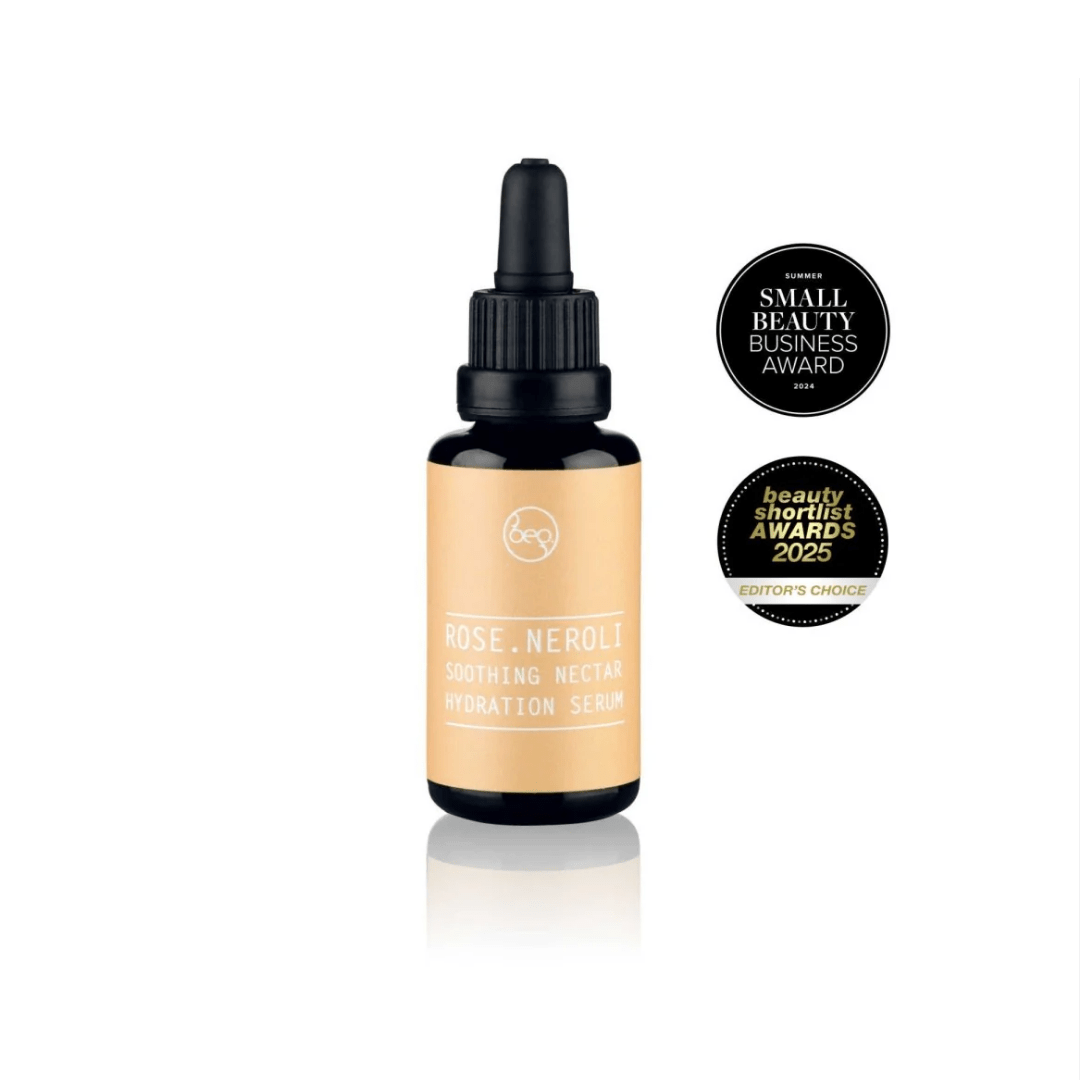Filters
Oily skin: Oily skin is resilient. The positives: It's less prone to premature wrinkles, tans easily in the sun, and ages well. The negatives are that oily skin is shiny and often prone to blemishes and enlarged pores.
The causes of oily skin
The cause of oily (greasy) skin is excessive sebum production. Overproduction can clog the sebaceous glands, providing an ideal breeding ground for bacteria that quickly lead to blemished skin with blackheads and pimples.
Oily skin can be genetic. Hormonal changes during puberty or later (stopping the pill, pregnancy, perimenopause) can cause oily skin.
But the skin can also react to environmental influences (weather), unhealthy diet and too much stress with increased sebum production.
How to recognize oily skin
- Complexion: pale
- Very shiny skin.
- Makeup doesn't stay on well.
- Rather larger, clearly visible pores are typical.
- The skin quickly becomes oily again after cleansing.
- Due to increased sebum production, it is prone to blemishes or acne, which can affect the entire face, décolleté and back.
- If oily skin suddenly appears, it may indicate a compromised skin barrier. The skin is trying to protect itself by producing more sebum. This can also indicate dehydration.
Care tips for oily skin
1. Use a gentle but thorough cleanser (without foaming surfactants and alcohol) that does not dry out the skin but balances sebum production.
Excessive cleaning or mechanical exfoliation, brushing can stimulate sebum production even more.
2. Change your towel, washcloth and pillow regularly.
3 . A facial steam bath with chamomile opens and cleanses the pores and prevents impurities.
4. Even oily skin needs sufficient moisturizing care.
5. Mix a clarifying clay mask 1-2 times a week to remove excess oil, unclog pores and promote wound healing (in case of pimples and inflammation).


















